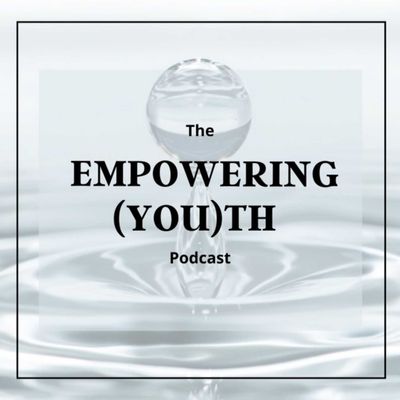Youth Leadership Training in Utah
Teen apathy is a growing problem around the world thanks to social media and a host of other factors. How do you convince today’s youth that they should be engaged and enthusiastic when the people around them seem anything but? How do we build the leaders of tomorrow, today?
Do you know a high school Utah teen between the ages of 15-18 years old who would benefit from a short, focused, youth leadership training program? Do you have a family member, student, or student-athlete who can improve skills, such as accountability, teamwork, self-confidence, passion, enthusiasm, focus, motivation, and communication? If so, our summer course is the answer you’ve been looking for.
What Teens Will Achieve
— Feedback & Accountability
Feedback facilitates accountability, and accountability makes us stop wasting time and effort on distracting, unproductive activities to free up the energy needed to focus on the value of our work. When properly managed, accountability increases skill and confidence, while feedback is integral to creating those people who are focused and accountable for their actions.
— Passion & Enthusiasm
How would all the wonderful and magnificent things in life come about without passion and enthusiasm? Was da Vinci unenthused when he painted the “Mona Lisa”, considered the single most famous work of art in the world? Did Michael Jordan lack passion as he pumped in three-pointers and threw down monstrous slam dunks to win six NBA championships? Enthusiastic leaders bring their visions to life. Inspiration, passion, and enthusiastic energy breathe life into any vision, create infectious energy in others, and add credibility.
— Teamwork & Support
As the old saying goes, there’s no “I” in team. The most effective kind of teamwork occurs when all team members work together to achieve a shared goal, and it’s critical to support one another to achieve that success and reach the goals together. Collaboration and communication are essential elements of teamwork and this is built through supporting one another.
— Communication
Communication may be the single most important skill needed to advance in life. Some elements of effective communication include listening, being clear and concise, being confident and personable, showing empathy and keeping an open mind, and conveying respect. Non-verbal communication is also an important skill to understand and master.
— Self-Confidence & Unleashing Potential
Effective communication comes from having the confidence to speak clearly and concisely. This isn’t necessarily a skill that comes naturally to everyone, but one that is derived from improved self-confidence. Effective communication is a requirement for career advancement and in life, and this program strives to enhance confidence to release the untapped potential all youths have.
— Focus & Motivation
Where would we be without focus and motivation? Elements of these important traits include choosing and setting specific goals that interest you, finding elements of interest within the goals that otherwise aren’t so interesting, making these goals known to others, breaking them up into achievable, realistic pieces, plotting progress, employing a reward system, and most importantly, not doing it alone.
Our Teen Leadership Classes Really Work
All participants walk away from our youth leadership training course feeling as though their lives were enriched in meaningful, long-lasting ways. We’re proud to recruit worthy students for this class and hope you will join us in this enthusiasm by nominating or sponsoring a teenager who can benefit from this program.
This course, executed by Rapport, a world-renowned organization that provides personal development courses for teens and adults, uses proven practices that elicit behavioral correction and create long-lasting performance and productivity changes in students with the goal of developing tomorrow’s leaders. We encourage parents, teachers, and former Rapport graduates who know the value of this course to nominate a student or donate to help youth leaders in training receive:
Self-awareness
Self-awareness formed by recognizing our strengths, self-limiting behaviors, and opportunities for personal growth
leadership attributes
Practice and experience born of an experiential process correlated to specific leadership attributes and behavior
Feedback and coaching
Feedback and coaching enhanced by small class sizes and trainers who serve as coaches with honest, instant, direct one-on-one feedback
Motivation
Motivation derived from helping a student discover and tap into his or her internal motivators
leadership competencies
Anchors in the form of words, phrases, or movements that assist in recalling behaviors, experiences, or emotions designed to help recall specific leadership competencies
overcome years of bad habits
An intense experience that every student will receive as they overcome years of bad habits in a short time
A sponsored teen will learn to become a better:
Student
Team player
Athlete
Contributor
Future adult
Leader

